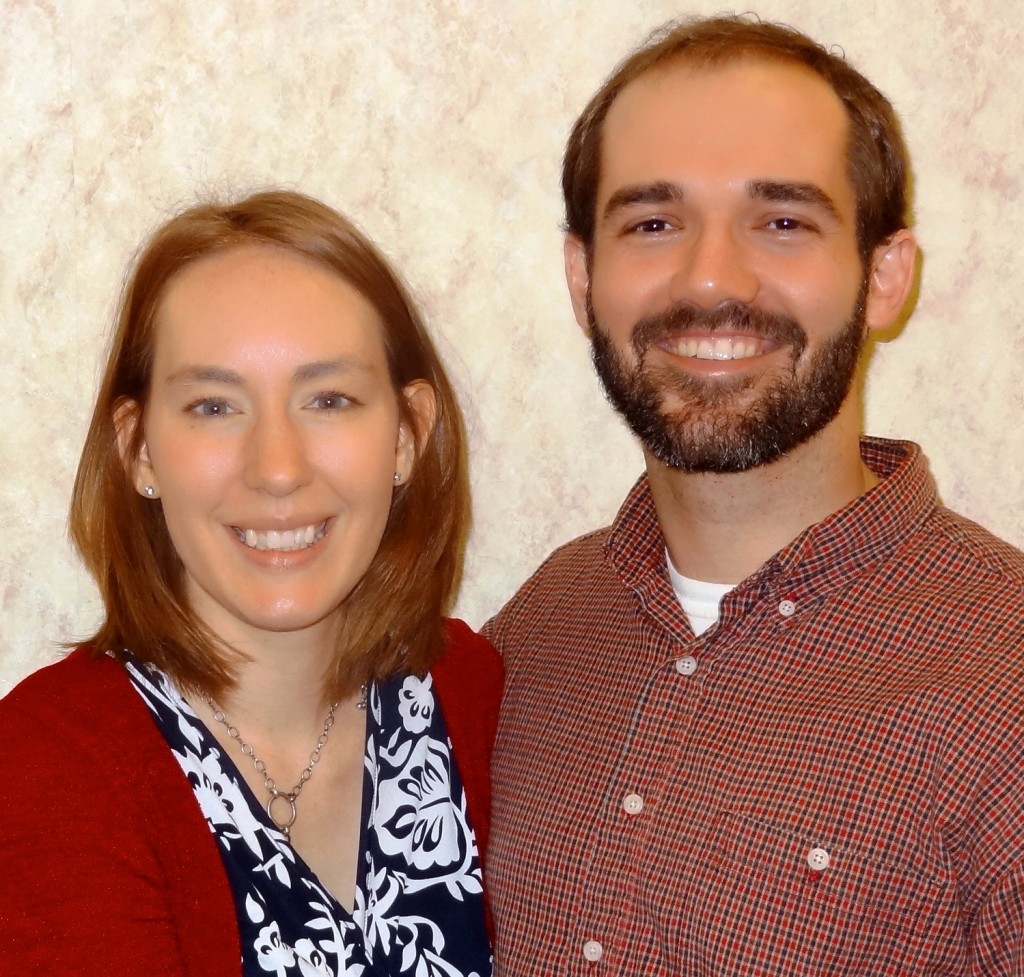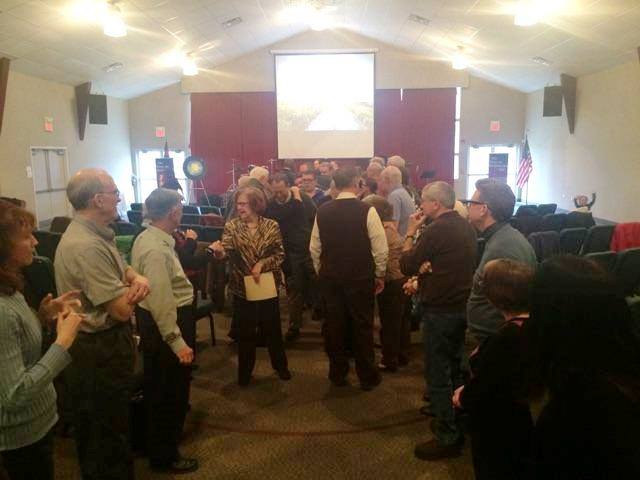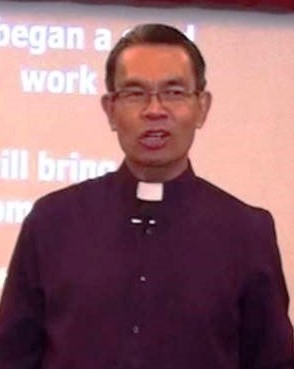Dear Brothers and Sisters in Christ:
 As you know, we’re in a time when the aging Boomer generation is leaving the workforce, making leadership succession a pressing reality in all sorts of places, our church included. In GCI, we have an increasing number of denominational and congregational leaders reaching the stage in life when they are retiring from active pastoral leadership. In noting this, I’m not implying that our older leaders need to step aside at a particular age. However, as we get older (and I include myself), we must give careful thought to the issue of leadership succession.
As you know, we’re in a time when the aging Boomer generation is leaving the workforce, making leadership succession a pressing reality in all sorts of places, our church included. In GCI, we have an increasing number of denominational and congregational leaders reaching the stage in life when they are retiring from active pastoral leadership. In noting this, I’m not implying that our older leaders need to step aside at a particular age. However, as we get older (and I include myself), we must give careful thought to the issue of leadership succession.
As we age, it’s natural that our energy level and overall health become limiting factors and those in leadership roles need to step aside to be replaced by those who are younger. With this in mind, we have increased our efforts to prepare younger members for church leadership. In the U.S., we have the GCI Intern Program, Generations Ministries leadership development programs, and other initiatives. I’m grateful that many of our congregations are actively addressing this issue by creating “open lanes” for younger adult members to participate in leadership. In all these ways and more, I see God answering a prayer I have prayed for a long time—that he would raise up in GCI a new generation to take up the mantle of church leadership.

Good planning helps minimize the times we might stumble in “passing the leadership baton.” Pastoral transitions are particularly delicate, yet they can be accomplished in a healthy way when we work together. Our U.S. Church Administration and Development (CAD) staff have established a process for pastor succession, and we have similar processes in place outside the U.S.
Please cooperate with those processes, including planning well in advance for leadership transitions. Why? Because the unexpected often occurs, as reflected in the well-known Murphy’s Law: If anything can go wrong, it will (and Murphy was an optimist!). I’m also reminded of some corollary laws:
- Nothing is as easy as it looks.
- Everything takes longer than you think.
- If there is a possibility of several things going wrong, the one that will cause the most damage will be the one to go wrong.
- If you perceive that there are four possible ways in which a procedure can go wrong, and circumvent these, then a fifth way will promptly develop.
- Left to themselves, things tend to go from bad to worse.
- Whenever you set out to do something, something else must be done first.
- Every solution breeds new problems.
- It is impossible to make anything foolproof because fools are so ingenious.
- Nature always sides with the hidden flaw.
I firmly believe that God calls ministers to particular leadership roles. But I also believe that leaders have a responsibility to prepare for the future care of their congregations and ministries. Think of it this way: What God anoints, we appoint. We have an important calling to shepherd leadership succession processes within our areas of responsibility. In doing so, it’s vital to proactively seek God’s direction and take other steps to prepare well in advance for leadership transitions. When we do, great joy results—a joy that often “passes understanding,” because it can mean that we decrease in order that others might increase. “Passing the baton” is not always easy. When it appears to have been easy, it’s because God’s grace prevailed.

With all this in mind, I urge our established leaders to take positive steps toward preparing for leadership succession within their congregation or ministry. Let’s work with our teams to prepare for the transitions that are coming. Such transitions are inevitable—the only question is whether they will be done well.
Successful succession processes minimize the drama involved. One factor that heightens drama is when established leaders are unwilling to step aside so that others can step up (are they struggling to let go of the honor and esteem that go with their office?). Another factor is existing leadership teams failing to adapt to new leadership (including not letting incoming leaders re-fashion the team).
To avoid such drama, we have succession processes in place. I call on our established leaders to actively engage those processes, approaching them with a selfless, cooperative spirit, trusting God to lead us in identifying and appointing new leaders. In the U.S., our regional pastors are there to assist in lead pastor succession—please enlist their involvement early on. The GCI-USA policy is that when lead pastors reach age 62, they are to have a discussion with their regional pastor concerning plans for eventual leader succession. Outside the U.S., lead pastors should contact their regional director or mission developer. This advance planning helps avoid all sorts of problems. Remember Booker’s Law: “An ounce of application is worth a ton of abstraction.”
Let’s be reminded that leader transitions are not just about the established leaders—they are also about the congregations and the ministries they have been called to serve. None of us has our “own” ministries—there is only one ministry and it belongs to Jesus, the Great Shepherd. We are his “under-shepherds,” called to protect and care for our Lord’s ministry and his people. We must not be possessive of what was never really “ours.” Leader transitions call for careful shepherding of God’s flock so it is “strengthened” instead of “scattered” (Ezekiel 34:1-6). Leader transitions need to be handled with great care and in a timely way so that a congregation has time to adjust, say their goodbyes, and process through the grief that inevitably occurs. Thank you, my brothers and sisters, for your cooperation in this important matter.
Yours in Christ,
Joseph Tkach









